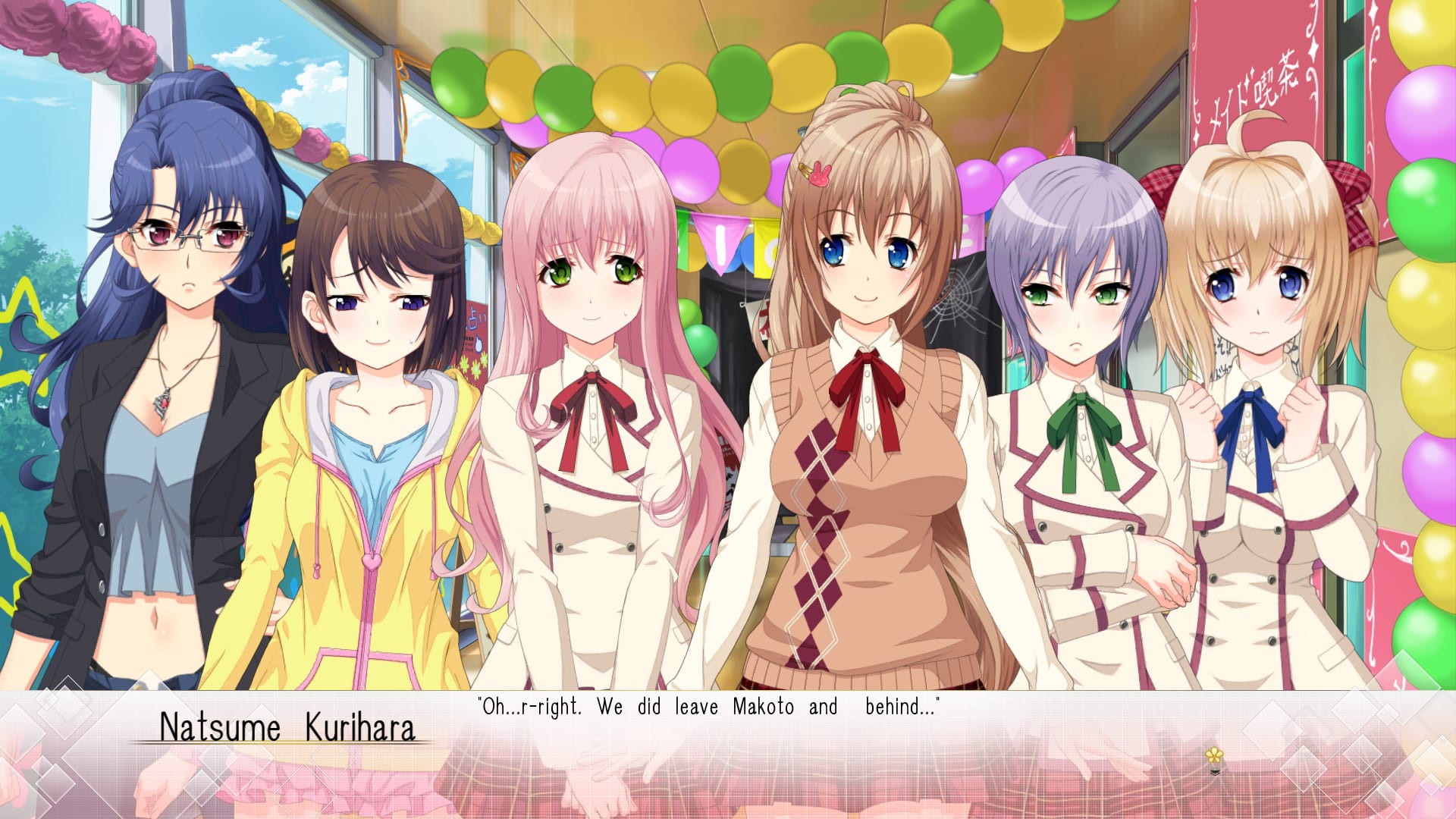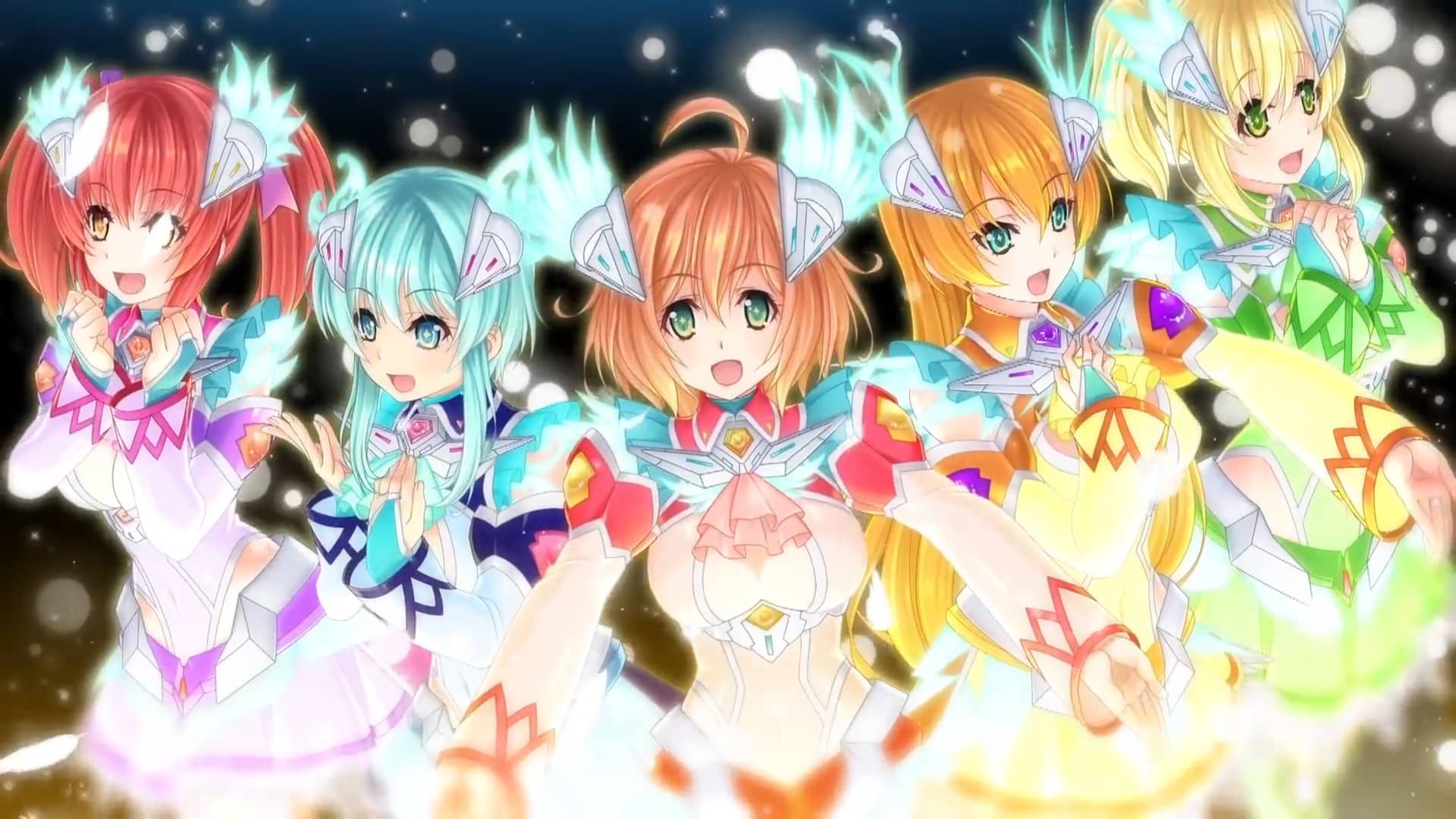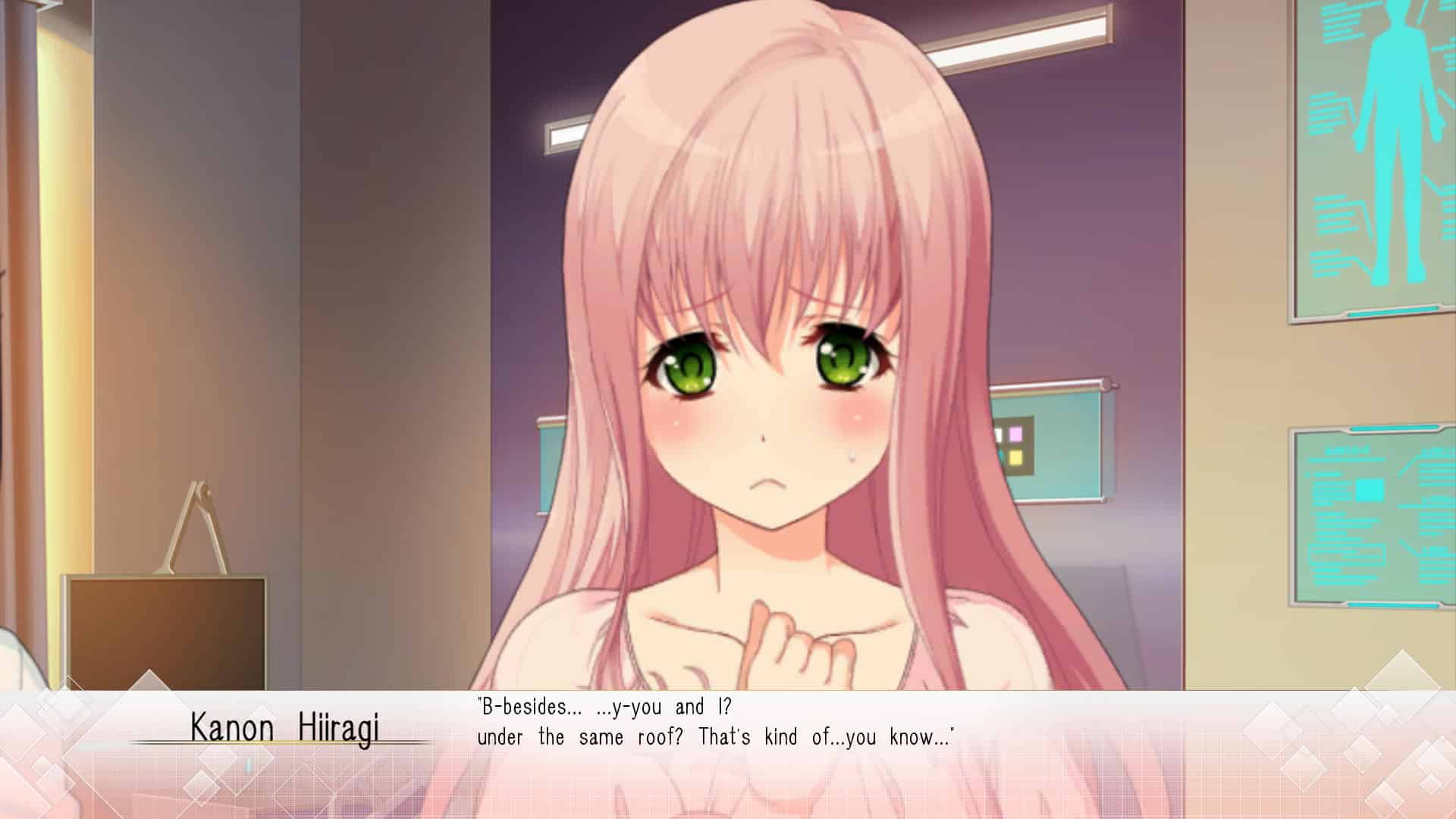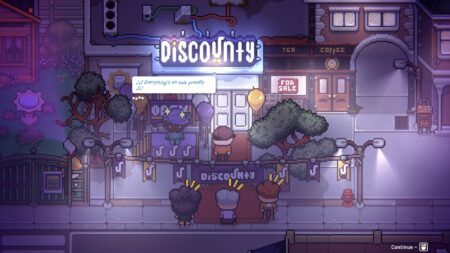Over the years, games have always been about satisfying the audience’s imagination through astonishing graphics or realistic gameplay. As they develop, the stories become more and more complex, which often leads to them lacking in certain areas upon release. Games, such as visual novels, focus more on the narrative and appeal to players through captivating artwork, emotional plotlines and relatable characters.
Song of Memories is a visual novel that surprised me when it featured Emotional Motion Technology, or E-mote for short, causing the characters you interact within the game to show dynamic expressions in real time. They ‘emote’ during dialogues or cutscenes and react accordingly to the choices you make. As someone who appreciates the minor details, being able to see the characters you’ve taken a liking to portray genuine emotion during dialogue really impressed me.

The game starts at a typical high school setting, with the first few hours spent introducing the main protagonist to the heroines and other characters inside the game. The second act is where you focus more on the main heroine based on the choices you made on the first half. This is where the story shifts to a darker and heavier tone, forcing you to make tough choices as you make your way to the end.
As most visuals novels, the option to either save your current progress or to load a previous savepoint is always available. If you want to do things even quicker, then you have the added benefit of being able to Quick Save/Load whenever you please. This gives the player an easier time when it comes to making important in-game decisions.
Aside from that, Song of Memories provides a chart for you to go back to previous sections of the story. You can use it whenever you feel like looking into options other than the ones you have previously chosen. In this chart, you can see which heroine flags you’ve raised and what other possible encounters you could have experienced in different scenarios.
One part of the game that caught me off guard was the rhythm/battle game mechanic. This plays out exactly how you think it would: Time the notes correctly and the opponent receives damage. Fortunately, those who aren’t interested in this particular type of gameplay can choose to skip it. Don’t worry, doing so still nets you a win. If you don’t want to go through the hassle, you can place it on auto and the game does it for you. Take note that if you do decide to push through with it, then know that you won’t have the option to make it skippable until the end of the battle.

The music is well done, with none of it feeling repetitive or forced during important scenes. One thing I noticed while checking the collection files is that it included specific songs for each heroine. These songs will play during various scenes that heavily influence their character progression. The combination of a good soundtrack and the emotions animated in real time increases the tearjerker factor all the more.
I did encounter a few bugs and typos here and there. Occasionally, the dialogues boxes had either a few letters missing. There were even times when I tried to Quick Save and Quick Load to make an important decision, only to have the text overlap with one another. It was tolerable at first but when it happened repeatedly, almost every 10 dialogues or so, it became annoying as ruined the flow and momentum of the game. Often when I try to reload a save file, character dialogue still takes place while in the loading screen and I couldn’t skip them.
Aside from those minor nuances, the chart is one of the best features as it helps in keeping track of progress. However, it can’t help when you want to unlock specific interactions between acts. This pretty much means you’re going in there blind when picking every option possible.

The story is pretty easy to follow and get into. However, if you’re a long time visual novel enthusiast, you may find this game predictable. The plot is very cliche and linear once you reach a certain point in the game, this then becomes a straight line towards the ending. There’s not much to do other than making choices or popping into a previous save file to choose different routes. Being able to Quick Save or Quick Load also adds a tedious feeling when you make decisions; What should be a heavy decision to make turns into an “I want to see what happens if I do this” kind of situation.
That being said, having the characters react accordingly to the choices I make or through the simple act of talking does pull at my heartstrings. I felt this way throughout the entire playthrough, all the way until I reached either the good, bad or true ending. It does, however, bother me that they went a little bit too far with the in-game characters’ ability to emote. The heroines’ chest will bounce more often than they change facial expressions and this is prominent in almost every cutscene.
Song of Memories reminds you to cherish those simple moments you have in life, appreciate the normal routines you do and casual conversations between friends for we don’t know when it will all change.
Disclosure: This review is based on a review code provided by PQube. Read our review policy to know how we go with our game reviews. A final score will be given once we get the full review out.
Tested on: PS4





